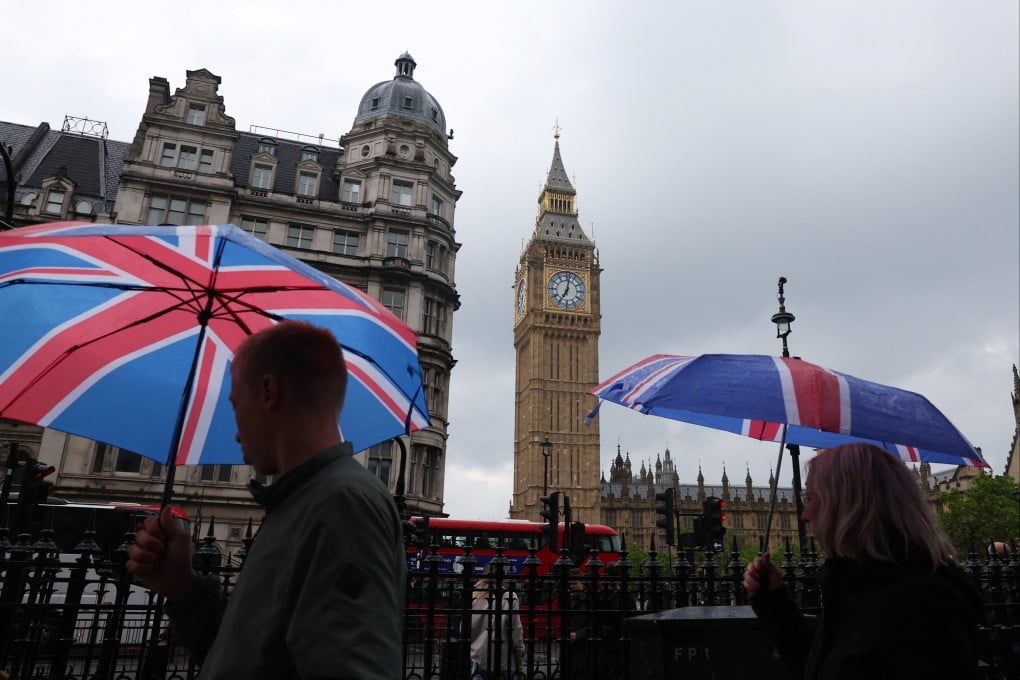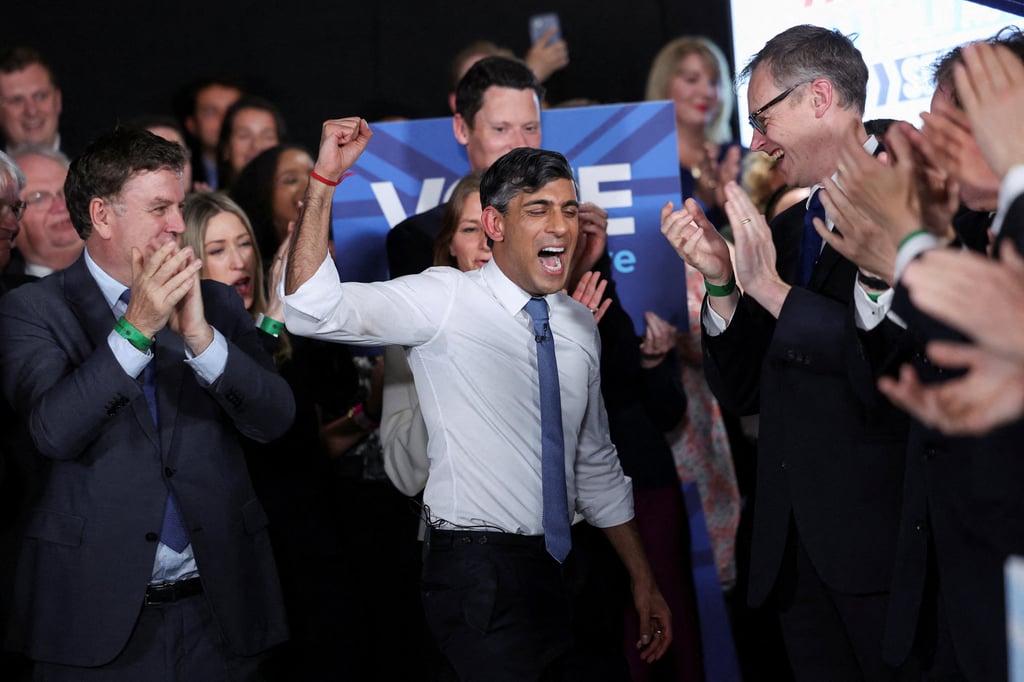Explainer | What happens in a UK general election?
- The United Kingdom will hold its first general election in five years on July 4, 2024
- Result will determine the direction of the UK, which has been led by Tories for 14 years

Who is running?
Rishi Sunak, a former Treasury chief who has been prime minister since October of 2022, is expected to lead Conservative Party into the election. His primary opponent will be Keir Starmer, a former director of public prosecutions in England and leader of the Labour Party since April 2020.
The Scottish National Party, which campaigns for Scottish independence, the Liberal Democrats, and the Democratic Unionist Party, which seeks to maintain ties between Britain and Northern Ireland, are currently the three largest parties in parliament after the Conservatives and Labour.
Many observers suggest the new Reform Party, formed by Tory rebels, may siphon votes from the Conservatives.

How does the electoral system work?
The country is split into 650 constituencies. In each constituency, voters elect a local candidate who will then take up a seat in parliament. Voters get to choose one candidate on their ballot paper and the candidate with the most votes wins.
Candidates typically represent a larger political party.
The winning line for any political party is 326 seats. The leader of the party which crosses that line would then be able to form a government and become prime minister.
Who can vote?
Close to 50 million Britons will be eligible to vote. Polling stations open from 7am to 10pm local time and votes can be cast in person, by post or through a proxy.